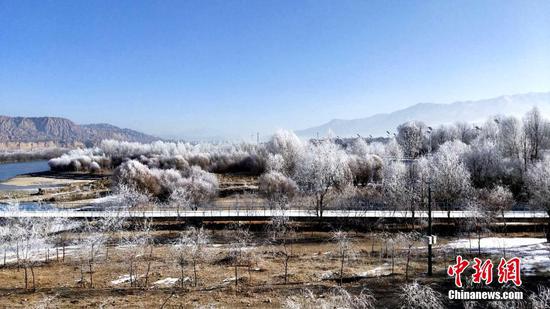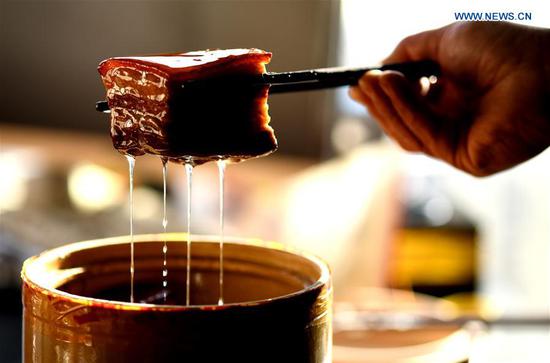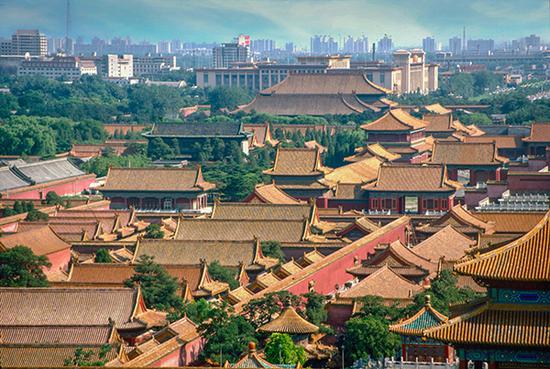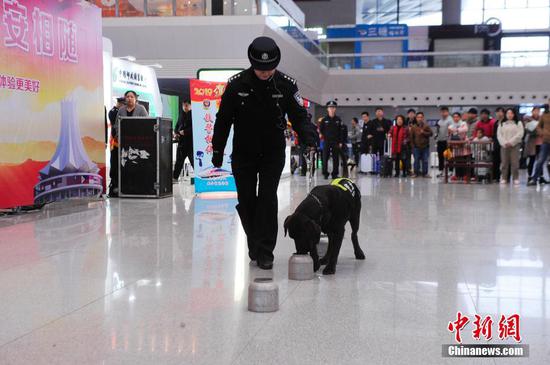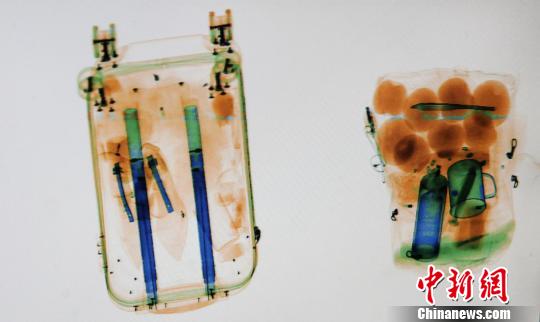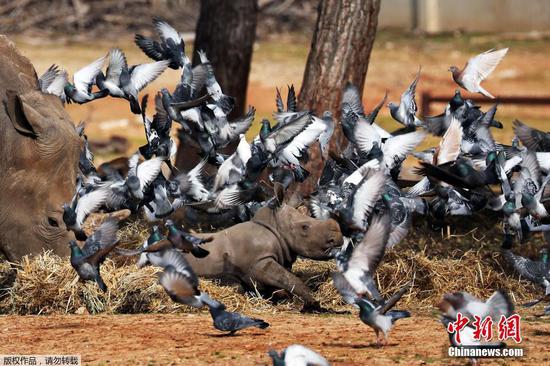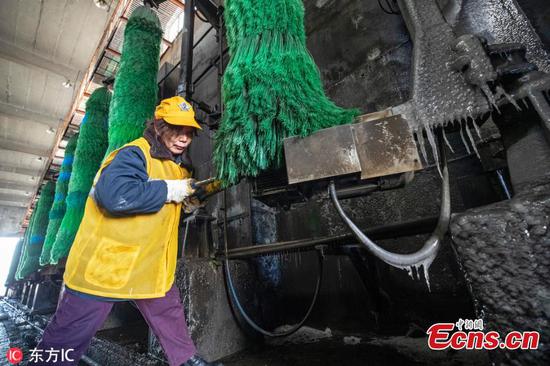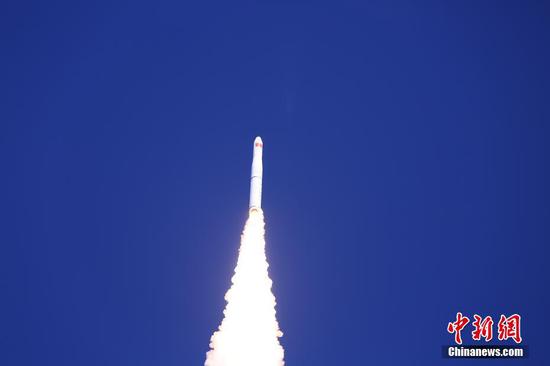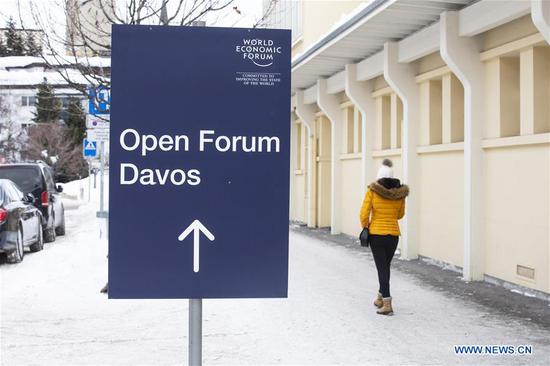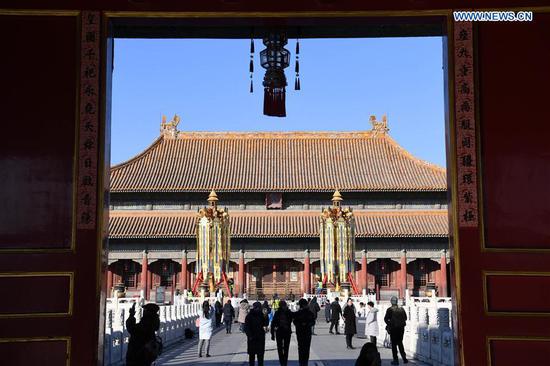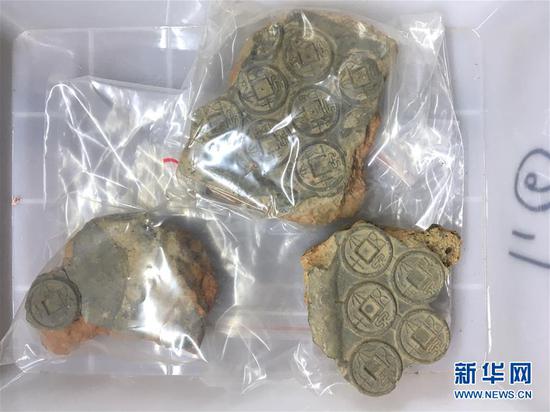Analyst says new rules needed, as oversight of sector in past was 'weak'
China's top market regulatory authority vowed to intensify its fight against irregularities in the healthcare products sector this year, amid recent nationwide campaigns that have placed some of China's biggest sellers of health products under investigation.
"Learning lessons from the case of the Tianjin Quanjian company, we have made plans to regulate the health products sector, which is rampant with irregularities," Zhang Mao, minister of the State Administration for Market Regulation, said in an interview on China Central Television.
Zhang made the comments following the launch of a 100-day campaign earlier this month by 13 central government departments, including the Ministry of Industry and Information Technology and the Ministry of Commerce.
"Recently, serious problems involving the health products market have been exposed, such as fake promotions, illegal advertising and deceiving consumers, which have seriously damaged the interests of consumers and disrupted market order," Zhang said at a conference marking the launch of the campaign.
Irregularities in the health products sector attracted public attention recently following a media report in December that included accusations against Tianjin-based Quanjian Nature Medicine Technology Development. Sources said the company deceived consumers with fake promotions, which resulting in the death of a 7-year-old girl who was being given an herb product from the company that it claimed had an anti-cancer effect.
Local authorities detained 18 suspects, including the company's chairman, on charges of pyramid selling and false advertising.
Last week, senior executives of Hualin Acid-Base Biotechnology Co, a major health products company in Hebei province, were detained by local police on suspicion of organizing pyramid schemes.
Infinitus, one of the biggest direct sellers of health-related products, was also put under investigation last week by authorities in Xi'an, Shaanxi province, following a media report that a 3-year-old girl in Shangluo, Shaanxi, received many health products every day recommended by a company salesperson and that those products resulted in heart damage and low blood sugar.
Unlike direct selling, which is legal in China, pyramid schemes rely on money from newcomers to pay off more senior members. Such schemes are banned in China.
Shi Lichen, a medical analyst at Beijing Dingchen Consultancy, said nationwide campaigns are a good start.
"Intensified supervision on a regular basis is needed, rather than just campaigns, to prevent the recurrence of irregularities," he said.
"For a long time, supervision of the sector was very weak. In some areas, market regulators deliberately ignored the irregularities," he said. "This has encouraged illegal activities by health products businesses such as pyramid selling and exaggerated promotions of products, despite the repeated filing of complaints by the public."
Compared with the pharmaceutical sector, there are no detailed regulations to restrict the sector, and punishments are too lenient, he said.
"Punishment for violations of the law should be more severe, so violators will not just pay a fraction of their illegal profits as fines," he said.
Guo Hua, a law professor at Central University of Finance and Economics in Beijing, told ThePaper.cn that supervision of the operations of direct selling companies in China is lacking, and regulators usually rely on reports from the public to point out violations.
"Supervision of direct selling companies should focus on their selling activities, such as whether products for sale are permitted or whether the companies permit consumers to return products," Guo was quoted as saying.



















